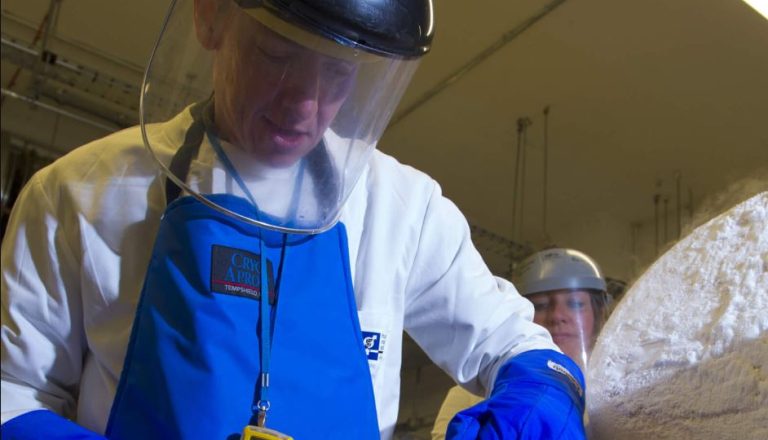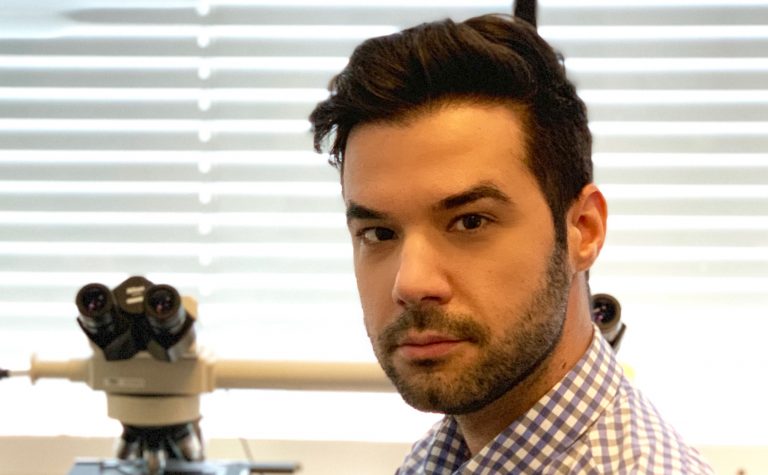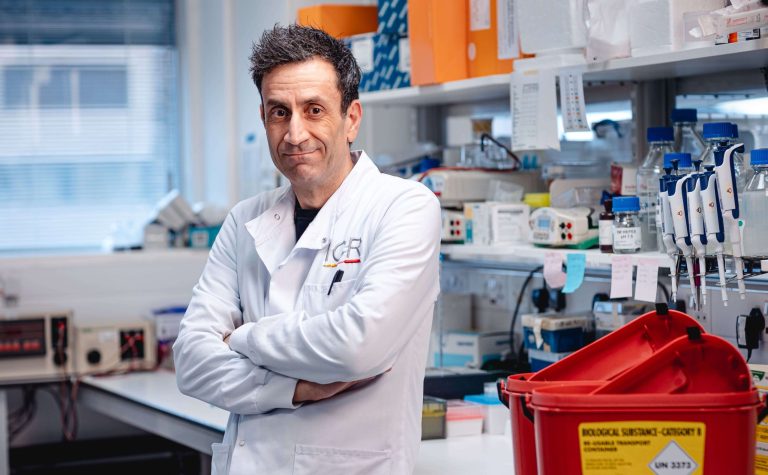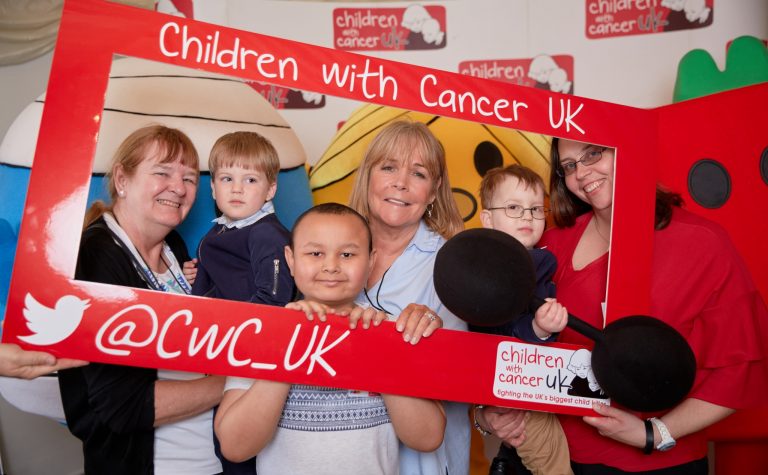We spoke to Professor Rod Mitchell, as he talks about his research project which aims to prove that fertility potential can be restored in patients who would otherwise be unable to have their own biological children.
Q: How and why did you become a researcher?
A: I became interested in research when I took some time out of my clinical training to do a PhD on testicular development. I loved doing laboratory research and discovering new things and decided to make sure I could include clinical research in my future career.
Q: You are working on research into Transplantation of Cryopreserved Testicular Tissue to Restore Fertility after Childhood Cancer, what made you choose that as a project?
A: I have been focused on trying to find ways to preserve fertility in boys with cancer for around 10 years and we started a clinical programme to cryopreserve testicular tissue prior to treatment in 2016. This project is the next step in the process as it involves transplanting the tissue back into the patient after their treatment to try and restore fertility. It is important that we are able to show that this is possible so that we can offer proven clinical options for future fertility in boys who are due to have cancer treatment.
Q: What is the hardest part of your job?
A: The hardest part of the job is speaking to the children and their families at the difficult time shortly after diagnosis.
Q: What is the most rewarding part?
A: The most rewarding part is being able to offer the possibility of future fertility by cryopreserving tissue before treatment. The children and families often find this a positive experience at a distressing time as it allows them to think about the possibilities of life after cancer.
Q: Ultimately what do you hope your research will lead to?
A: Our ultimate goal is to be able to develop novel clinical options to preserve and restore fertility in young males with cancer.
Q: Who have you admired in the history of researchers/medicine and why?
A: I admire all of those who dedicate their career to improving the lives of their patients. I have also been fortunate enough to work with some fantastic researchers and clinicians and to have received great mentorship by them. During my PhD, I was supervised by world-leaders in reproductive biology and male fertility research (Professors Richard Sharpe and Philippa Saunders) and a world leading academic paediatric oncologist (Professor Hamish Wallace). Those you work most closely with are often the greatest source of inspiration.
Q: What advice would you give someone considering research as a career?
A: There are ups and downs in the world of research but there is no better feeling than when the experiment you have been trying to get to work for months finally gives you results and you learn something new. The most important thing is to persevere and to try and enjoy what you do.
Q: What advances have you seen in your career as a researcher?
A: I have seen major advances in fertility preservation in girls from the initial studies cryopreserving ovarian tissue 20 years ago to the first livebirths from ovarian tissue transplants, which have now become standard of care for young women and girls facing cancer treatment. We are seeing the same thing play out for males (albeit 20 years behind the females!), with successful cryopreservation of testicular tissues, livebirths from testicular transplantation in monkey studies and hopefully soon the first successful transplants in humans.
Q: What difference will your research hope to make to children and young people with cancer?
A: As we know, overall survival rates from childhood cancer have improved enormously in recent decades. However, the long-term effects of cancer and its treatment are a big challenge. We hope that our work will make a difference by giving the opportunity for fertility in those for whom previously it would not have been possible.
Q: What do you wish that people understood better about research?
A: Research takes time and is a continual process of learning. It doesn’t always work out as you had hoped or expected, but you always learn something.
Q: In your opinion, what does the future look like for childhood cancer?
A: I believe the future is bright. Treatments are improving and survival rates are high, long-term effects of treatment are becoming more of a priority and there is great enthusiasm for reducing these effects through targeted treatment or prevention of damage.
Q: You are working hard to increase the survival rates of children…what is your favourite childhood memory?
A: My favourite memory is being taken to my first match to see our favourite Glasgow-based football team (the blue one!! 😉). The atmosphere, excitement and noise of that day and being there with my dad is something I will never forget, and I continue to obsessively follow them forty years later.
Q: What is the best advice you have ever been given by anyone?
A: You may have your heart set on a particular career path but keep yourself open to different options. This advice led me to pursue an academic clinical career when previously I hadn’t considered it.
Q: How do you unwind after a day at work?
A: Spending time in front of the TV with the family and obsessively following my favourite football team.
Q: Do you have any message for children undergoing cancer treatment at the moment?
A: We are working hard with teams around the world to improve the lives of special people just like you.
Learn more about Dr Rod Mitchell’s research project here:
Read more


